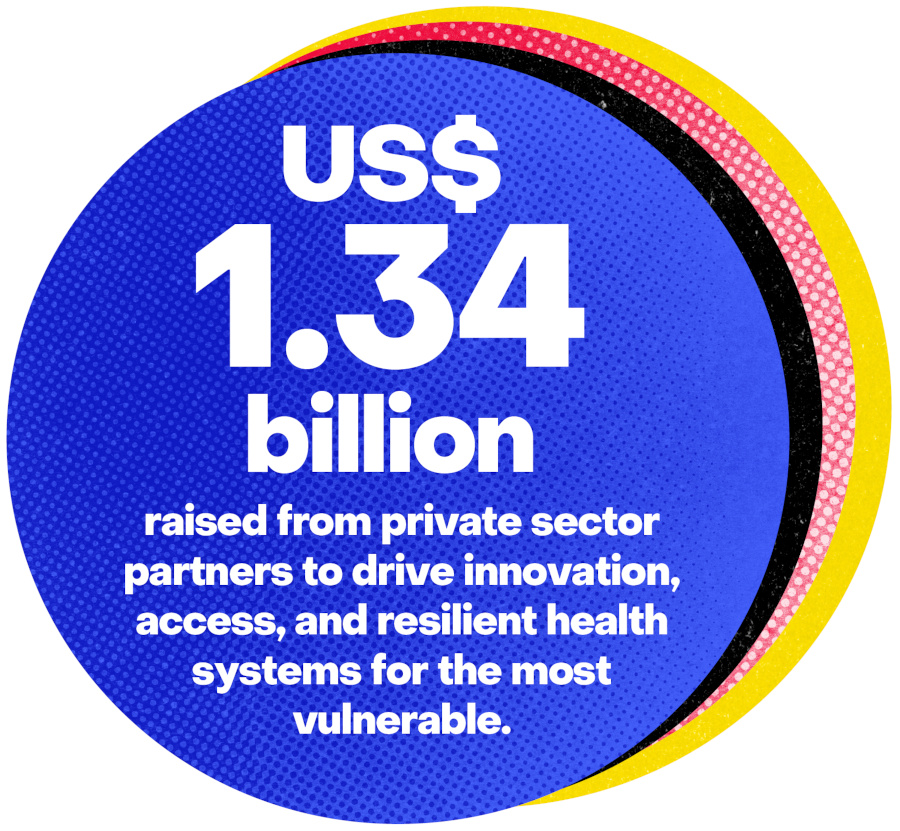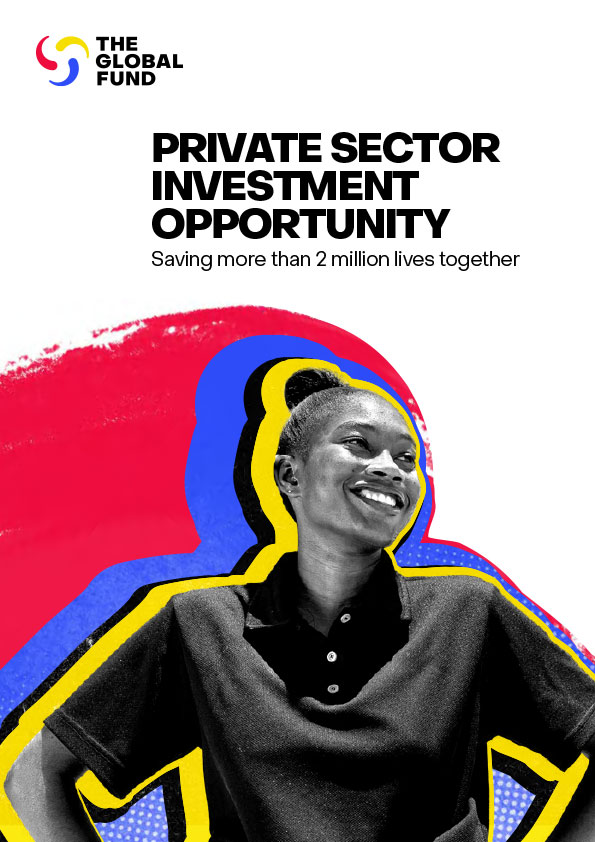Women’s Health and Gender Equality
Gender inequality fuels the spread of HIV, TB and malaria — especially among women and girls. Every week, 4,000 young women globally are infected with HIV. Malaria threatens 1 in 3 pregnancies in Africa. The Global Fund is tackling these inequities head-on.
We invest in integrated care for women’s health, empowered community health workers, support for women-led organizations and action against gender-based violence. Together, these efforts are transforming health systems and driving lasting change for women and girls worldwide. GSK and ViiV Healthcare partnered with us to support the launch of the Gender Equality Fund, an ambitious initiative aimed at empowering women, girls and gender-diverse communities to influence health-related policies and programs.
In most countries, community health workers, who are predominantly unpaid women, play an essential role in ensuring women, girls and marginalized populations can access basic primary health care services. Paying, training and integrating community health workers into formal health systems is key to improving health outcomes for everyone, but especially for women and girls.
In 2022, the Global Fund, the Johnson & Johnson Foundation, the Skoll Foundation and other partners launched the Africa Frontline First Initiative – a catalytic fund to mobilize US$100 million to ensure community health workers are trained, supervised and paid as professional health care workers across eight African countries.
“With investments from the Skoll Foundation, the Johnson & Johnson Foundation and the Global Fund, the Africa Frontline First Catalytic Fund has made huge strides in ensuring community health workers are adequately paid, trained and equipped to do their lifesaving work. It’s simple: When these frontline workers are supported, they save more lives. The Global Fund’s country-led approach, fund-matching mechanisms and bold partnership with proximate social innovators made them an ideal partner for this collective and catalytic investment in community health.”
Don Gips CEO, Skoll Foundation
See also:

